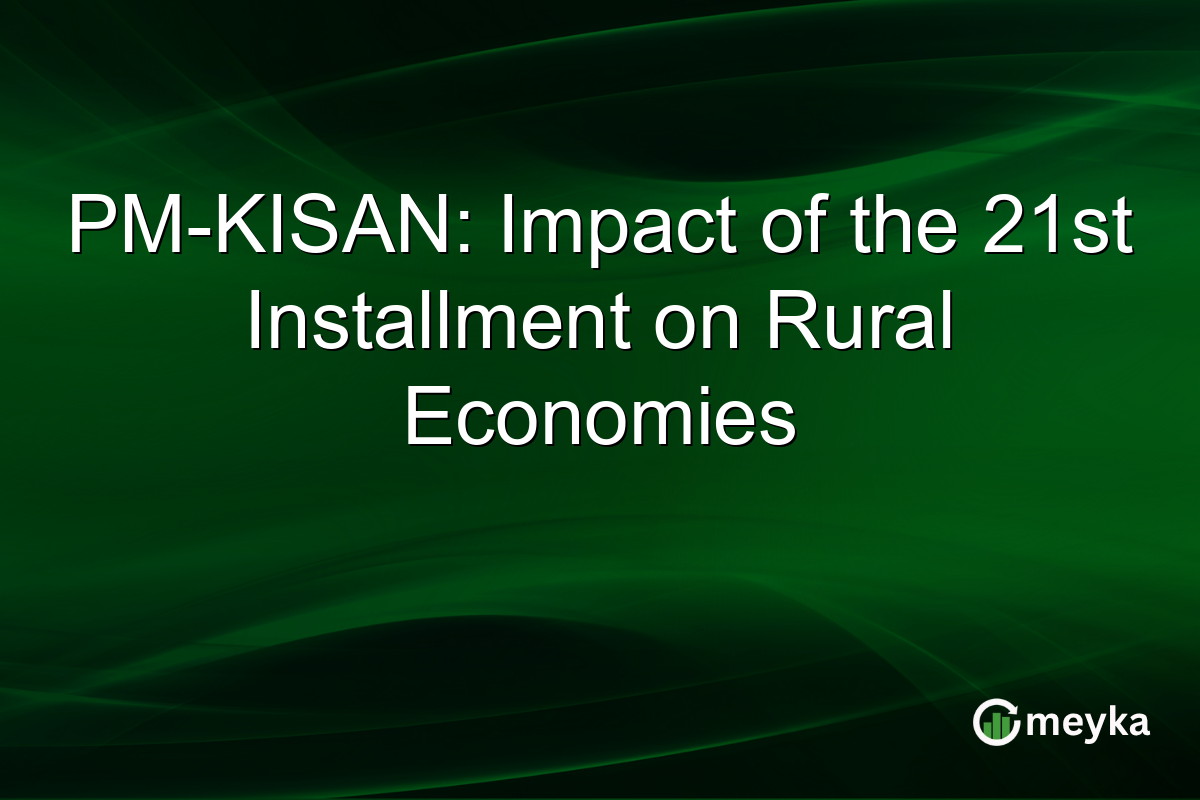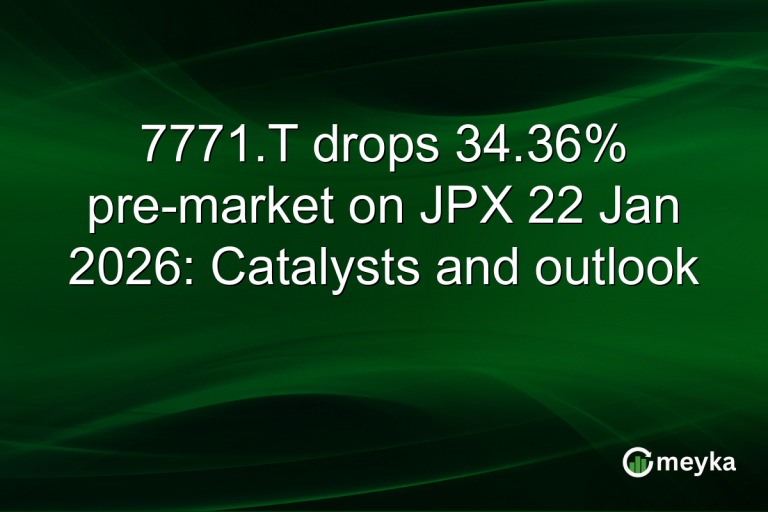PM-KISAN: Impact of the 21st Installment on Rural Economies
The PM-KISAN scheme continues to be a vital lifeline for India’s agricultural sector. On November 19, the release of its 21st installment promises to boost over 11 crore farmer families across the nation. This latest round is not only about financial support but also accompanies significant digital reforms. As these funds inject liquidity into rural areas, the economic implications are both broad and profound. Let’s delve deeper into how these changes might transform rural economies.
Continue Reading on Meyka
This article is available in full on our main platform. Get access to complete analysis, stock insights, and more.
Read Full Article →





